Art History
Art History studies the art and architecture of cultures around the world and across millennia, focusing on understanding aesthetics, historical significance, and social impact.
What inspires creativity and shapes expression? How do art, literature, and culture reflect and challenge societal norms? Explore how creative works—from ancient texts to modern art—convey meaning, provoke thought, and connect people across cultures and generations.
Discover areas of study that deepen our understanding of art, culture, and expression, spark new ideas, and lead to impactful discoveries.
Art History studies the art and architecture of cultures around the world and across millennia, focusing on understanding aesthetics, historical significance, and social impact.
Art Theory & Practice is a studio program focusing on art-making and the ideas and theories that fuel it. Students explore painting, drawing, printmaking, sculpture, photography, and newer media through both traditional and alternative approaches.
Classics studies the cultural output and worldwide reception of Ancient Greece and Rome through history, literature, language, art, science, archaeology, philosophy, and more.
Comparative Literary Studies is an interdepartmental program for the study of literary texts, giving special attention to nationality, linguistic practices, history, and media.
World Literature, which is offered as a minor, studies literatures from around the world with texts read in English translation.
English studies literary texts—including novels, poems, plays, film, and more—from American, British, and other English-speaking sources.
Creative Writing studies poetry, fiction, and creative nonfiction through writing courses focus on craft and technique.
Check out some examples of courses that explore the vibrant world of art, culture, and expression.
As a student, you can delve into the study of art, culture, and expression through interdisciplinary coursework, internships, community projects, and extracurricular activities. You also can collaborate with faculty on cutting-edge research.
Even in high school, author Cristina Henríquez ‘99 thought about becoming a writer. During a campus visit to Northwestern, she sat in on an English class and found the fuel for this emerging idea. “This was everything I’d been waiting for my whole life. By the time we left, I knew I would apply,” Henríquez remembers. Henríquez majored in English. “I took my first fiction class, and our first writing assignment was a three-page story. I loved writing dialogue and creating momentum in the narrative,” she recalls.
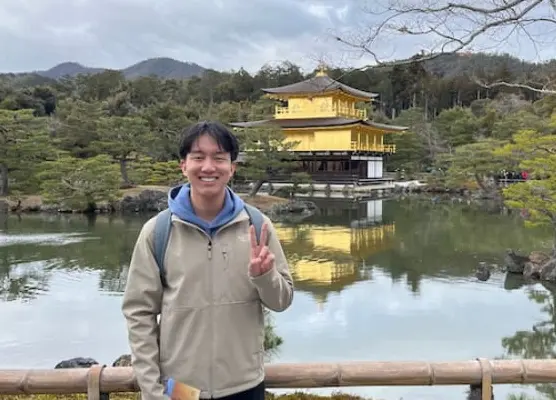
Nicholas Liou, who majored in art history and graduated in 2020, took his first class in Asian Languages and Cultures the spring of his sophomore year:, Early Modern Japanese Literature and Culture (17th – 19th c.). “As I decided to more seriously pursue Japanese art history, I also took Japanese language courses in the department my third and fourth years... All of these classes have informed my interest in and study of art history both when I was an undergrad and in my current graduate studies. During my senior year, I wrote an art history senior thesis about the photomontage of Japanese artist and graphic designer Kimura Tsunehisa and was able to access texts in Japanese because I took language classes.”
Get to know some of our dedicated professors who are passionate about teaching and nurturing your success as a student.
Alice Welsh Skilling Professor of Art Theory & Practice Michael Rakowitz has exhibited his art around the world. He discusses what he hopes his students will bring to his class, including the “weird and strange.”
Poet Laureate and Board of Trustees Professor of English Natasha Trethewey discusses what brought her to Northwestern, as well as the ambitions and sources of inspiration for her poetry.
Becoming an art theory and practice major sent me on a much better path, a more fulfilling path toward being a creator, a thought provocateur, and to imagine new possibilities and instigate change.”
Professor of English and Asian American Studies Michelle Huang is committed to transforming nonreaders into lovers of literature.
English professor Susie Phillips studies non-elite speech — in her words, “the kinds of conversations we might ignore” — like gossip and marketplace haggling in the Middle Ages.
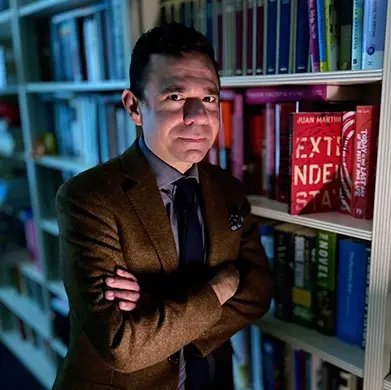
Professor Juan Martinez explores the experience of undocumented Latinx communities through the language of horror. “Horror gives us the opportunity to navigate the more frightening corners of our lived experience and our messy interior lives. I think that’s part of it — the opportunity and the thrill to go to these dark places, but also the reassurance that we can come back, and the hope that we’ll be okay, maybe.”
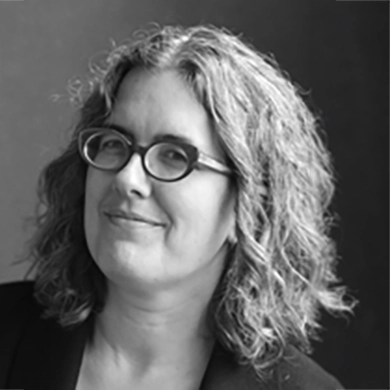
Mary Jane Crowe Professor of Art History Rebecca Zorach studies the art of early modern Europe and the post-1960s U.S., focusing on political aspects of the visual arts. In her work on 20th- and 21st-century art, she has focused on artists involved in political movements such as Black liberation, abolition and environmental justice. In current research on early modern European and transatlantic art and science, she is studying transformations in the idea of nature as a counterpart to art, specifically considering the idea of nature as an artist and creator of images.
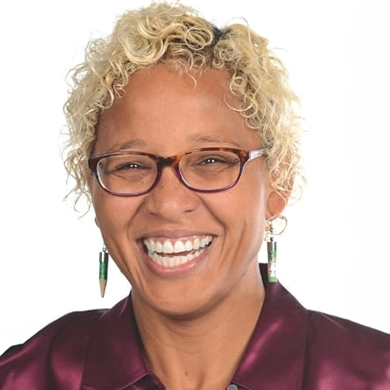
English professor Susie Phillips discusses why teaching matters, how asking bold questions can open entire worlds of “speculative possibility” in scholarship, and the enduring power of gossip. She is a medievalist with Early Modern leanings and teaches courses on late medieval and Early Modern literature and culture, drama, poetry, Shakespeare, and Chaucer.
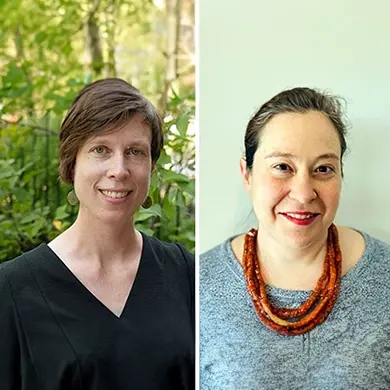
Professors Kasey Evans and Kelly Wisecup reframe our understanding of British and American literature around transatlantic connections between Great Britain, North America, the Caribbean, and Africa, as well as the diasporic experiences of Black and Indigenous people who traveled the Atlantic, and the writings of Black and Indigenous people.
Explore student clubs, internships, and campus resources.
In Weinberg College's monthly podcast, Weinberg alumni share their career experiences. Listen to what they have to say about fields related to arts, culture, and expression.
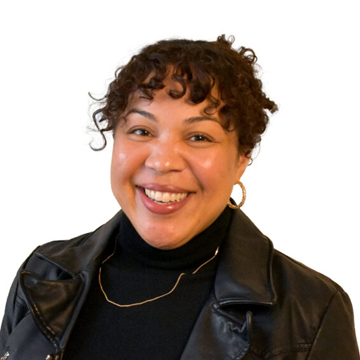
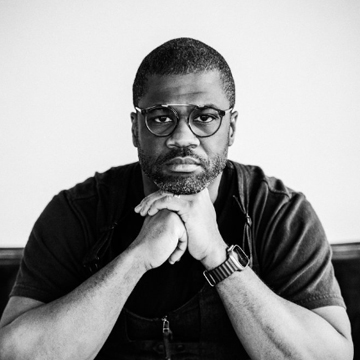
This course explores modernism as a global cultural response to modernity, examining movements like anti-colonialism in India and race in Jamaica. It highlights how modern art emerged from struggles against capitalism, colonialism, and war, tracing its circulation across continents and its role in redefining societal norms.
This course examines Greek and Roman medicine through ancient texts, artifacts, and modern scholarship. Students will explore ancient diagnoses and treatments, critically engage with primary sources, and compare ancient and modern science. Discussions will also address the social and cultural forces shaping the history of Western medicine.
A century after his death, Franz Kafka's influence on literature, culture, and politics endures. We begin with his shorter works (The Judgment, The Metamorphosis) and Walter Benjamin's tribute, followed by global responses from Ingeborg Bachmann, J. M. Coetzee, and Han Kang. Readings are in English, with options for original texts in German or Korean.
This course examines "single ladies" and those who "put a ring on it" in literature, film, and TV over 200 years. We’ll explore archetypes like the spinster, madwoman, and "girlboss," analyzing how media constructs femininity, marriage, and independence. Texts include Jane Eyre, A Room of One’s Own, Conversations with Friends, and The Bachelor.
This seminar considers the legacy of the idea of “the human” and the ideology of humanism as it originates in early modern European thought and through its encounter with other places, other people, and other forms of matter. It offers students a concentrated introduction to key texts and trends in humanist thought, animal studies, posthumanism, new materialism, and other fields. It also considers these theoretical texts in light of “non-European” literary and cultural sources, particularly from Sinophone contexts.